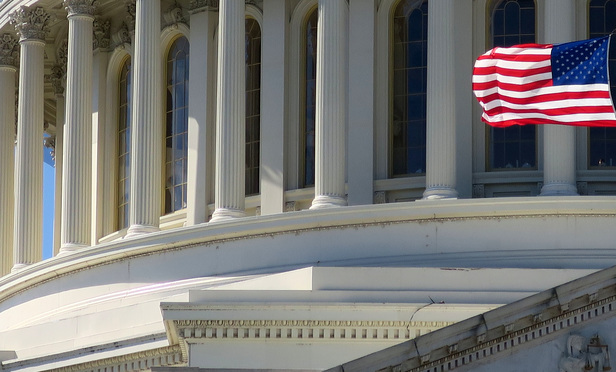The relatively short stay requested by appellee would provide the incoming president and his appointed officials time to decide whether withdrawal or settlement of the appeal is warranted. In light of public statements by the President-Elect and his campaign, there is at least a significant possibility of a meaningful change in policy in the new administration that could either obviate the need for resolution of this appeal or affect the nature and scope of the issues presented for review.
The U.S. Justice Department opposes the House request to halt the case until February, according to Hungar. Main Justice filed its opening brief in October, and the House is set to file its response by Dec. 23. The D.C. Circuit has not set an argument date.
“Disagreements between the political branches are resolved through the political process, not through litigation instigated by a single House of Congress,” Justice Department lawyers wrote in their D.C. Circuit brief. “The district court’s decision fundamentally undermines that constitutional design and would vastly expand the role of the judicial branch, enmeshing courts in a limitless number of political disputes.”
Hungar argued that asking for a stay is not unprecedented. Indeed, the Justice Department last week, he noted, asked a Texas federal district judge to pause proceedings over the legality of the Obama administration’s executive action on immigration.
Whether or not the D.C. Circuit places the health care case on pause, Trump’s Justice Department could take a different stance in the litigation. The change in an administration brings a re-evaluation of the defense of certain federal laws.



